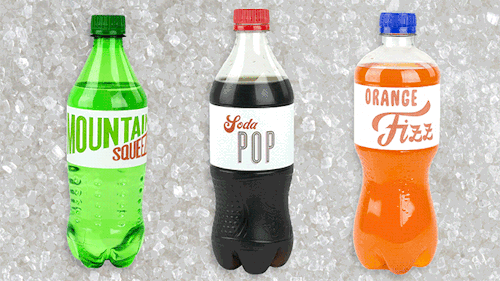UCLA’s Liz Roth-Johnson explains why carrots have more sugar when it’s cold outside.
Because plants are immobile, they must develop defense techniques against predators and the severe cold in winter. For example, carrots have developed the physiological response of increasing their sugar content when it’s cold outside. This helps stop ice crystal formations and prevents damage to the carrot’s cells.
Frost can do a lot of damage to a plant cell. It can squeeze and rupture the cells until they are completely demolished. But in some cases, the plant’s defense mechanism means a tastier vegetable for us to eat. When a carrot defends itself from frost, we get the benefit of enjoying sweeter carrots all winter long.
FEATURING: Liz Roth-Johnson, Ph.D. in Molecular Biology, UCLA
For more information: https://scienceandfooducla.wordpress.com/


